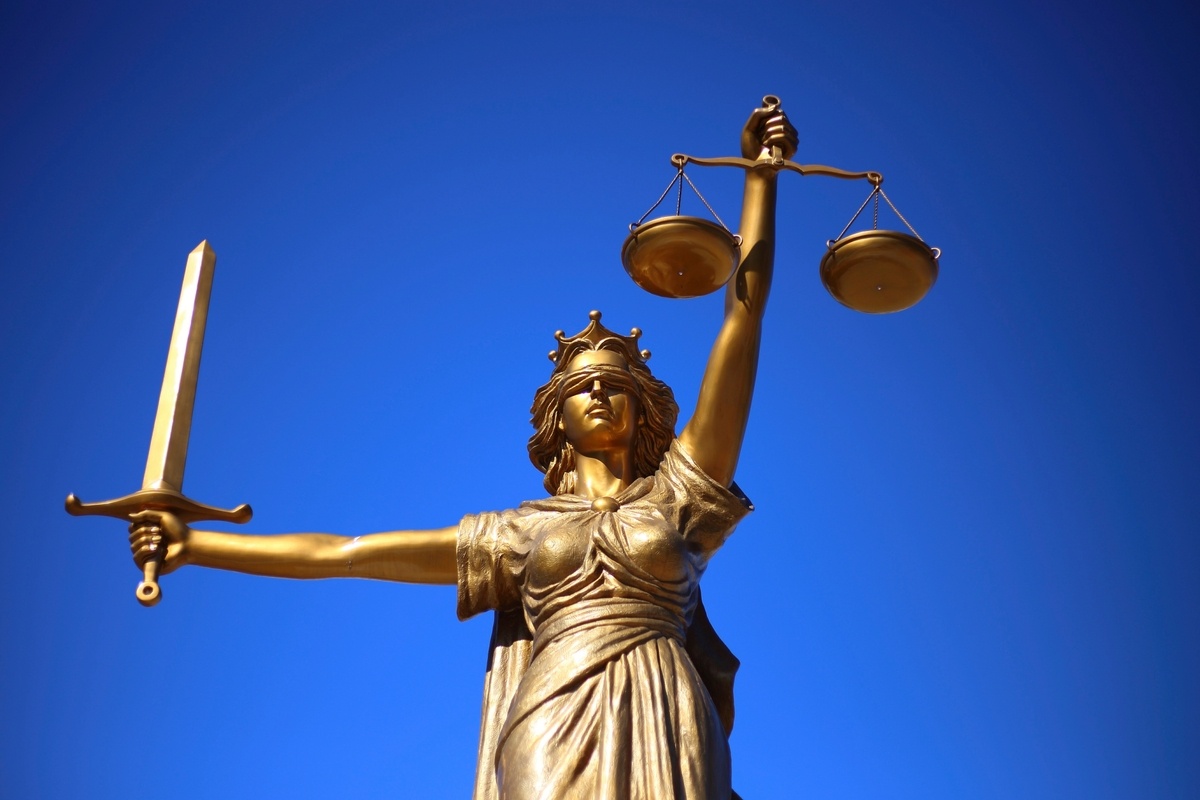Why the Supreme Court Leaks Less Than The Intelligence Community
I have an essay on this topic in The New Republic. It begins:
When Supreme Court Justice Ruth Bader Ginsburg rose to speak to the American Constitution Society on June 15, many in the audience hoped she would hint at the fate of the Affordable Care Act. The justices had voted on Obamacare on March 30, and by mid-June the Court’s opinion, as well as any concurrences or dissents, had been drafted and circulated internally. But despite palpable panting by journalists, no one outside the Court knew what it had decided. And Ginsburg gave no clue.
I have an essay on this topic in The New Republic. It begins:
When Supreme Court Justice Ruth Bader Ginsburg rose to speak to the American Constitution Society on June 15, many in the audience hoped she would hint at the fate of the Affordable Care Act. The justices had voted on Obamacare on March 30, and by mid-June the Court’s opinion, as well as any concurrences or dissents, had been drafted and circulated internally. But despite palpable panting by journalists, no one outside the Court knew what it had decided. And Ginsburg gave no clue. “Those who know don’t talk,” she said. “And those who talk don’t know.” In the national security bureaucracy, the opposite rule has prevailed: Those who know talk quite a lot. In recent weeks, the press has reported on U.S. cyber-attacks on Iranian nuclear enrichment facilities, a double agent inside the Al Qaeda affiliate in Yemen, and internal deliberations about drone operations. And by all accounts, the primary sources for these revelations were executive branch officials. “The accelerating pace of such disclosures, the sensitivity of the matters in question, and the harm caused to our national security interests is alarming and unacceptable,” charged congressional intelligence committee leaders in rare bipartisan unison. Why is the Court so much better at stopping leaks than the government agencies entrusted with the country’s most critical secrets?My answers are here.
Jack Goldsmith is the Learned Hand Professor at Harvard Law School, co-founder of Lawfare, and a Non-Resident Senior Fellow at the American Enterprise Institute. Before coming to Harvard, Professor Goldsmith served as Assistant Attorney General, Office of Legal Counsel from 2003-2004, and Special Counsel to the Department of Defense from 2002-2003.





